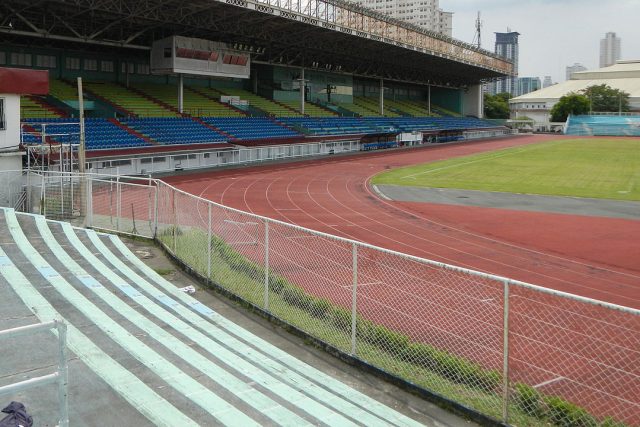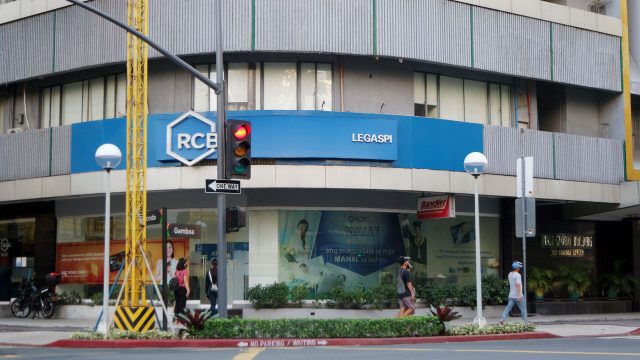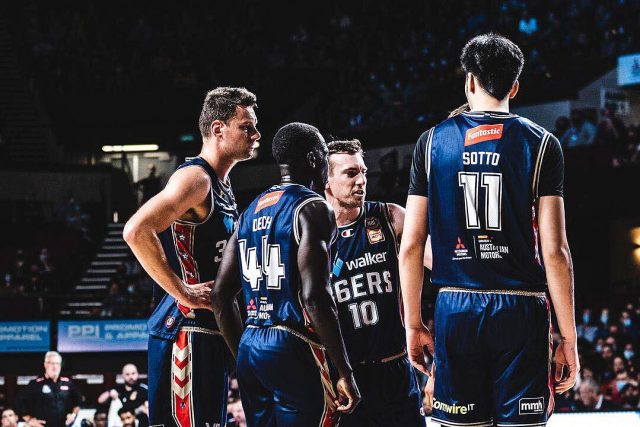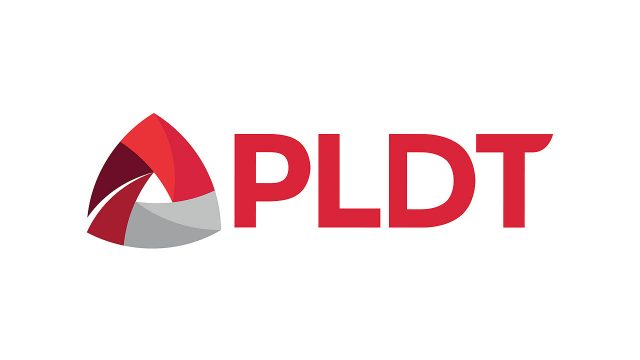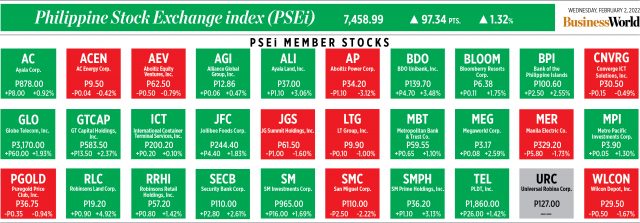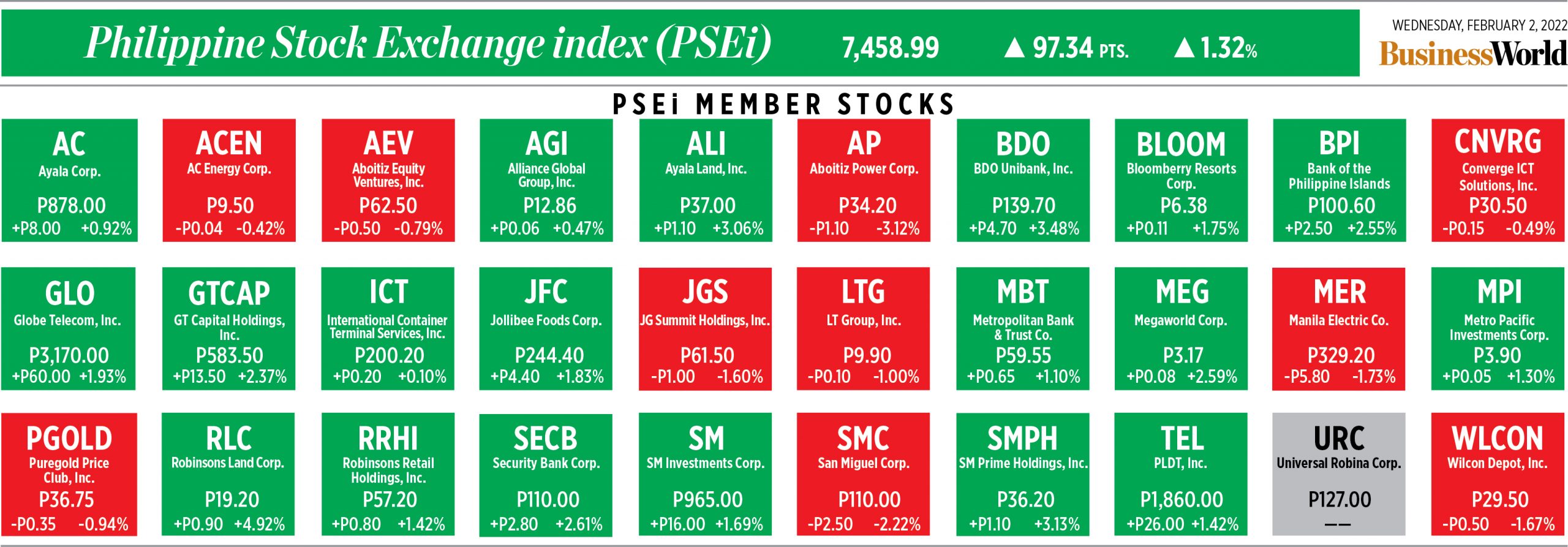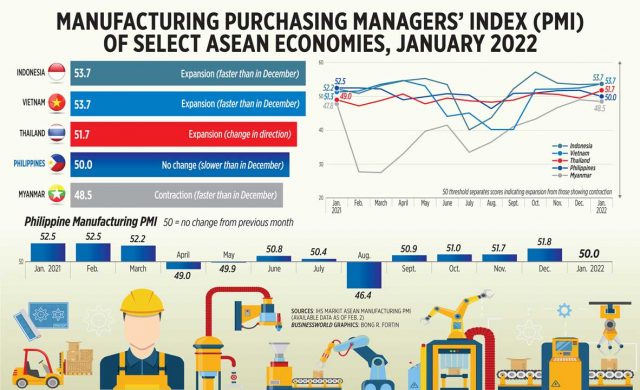GOOGLE parent Alphabet, Inc. posted fourth-quarter sales and profit that topped analysts’ projections, showing the resilience of its advertising business in the face of major economic upheaval as the pandemic persists. The shares soared in late trading.
Sales, excluding partner payouts, rose 33% to $61.9 billion, compared with the $59.4-billion average analyst estimate. Google’s advertising revenue also grew by 33% during the holiday quarter, despite the disruptions to its biggest categories, travel and retail, from the spread of the Omicron coronavirus disease 2019 (COVID-19) variant and supply chain crunches. The company also declared a 20-for-1 stock split.
Alphabet has continued to profit from the major trends that emerged during the pandemic, as people increasingly turned to online shopping and as marketing and business software budgets shifted to the internet. Google posted robust gains for two critical divisions, cloud and YouTube. But the company’s main contributor was its flagship search business, which is seeing gains from a deep investment in e-commerce.
“The scale of its combined advertising businesses cannot be overstated,” Sophie Lund-Yates, equity analyst at Hargreaves Lansdown, wrote in a note after earnings. “If you own a business in today’s world, chances are you will need to pay to get that marketing material in front of Google or YouTube’s users.”
Shares surged 8.7% in extended trading, after closing at $2,752.88. The stock has declined about 5% so far this year.
Since the start of the pandemic, Google has made up for declining in-person retail by luring more merchants to sell items on its shopping service and run product ads on search. Even during the holiday quarter, when Omicron cases spiked, consumers continued to rely on online shopping and travel services, clicking on those ads.
“More budgets are now coming back,” Andrew Boone, an analyst at JMP Securities, said after the release. “Google is benefiting from that trend.” Competing digital advertising businesses, including Meta Platforms, Inc. and Snap, Inc., rose after the results.
Retail ads were the biggest contributor to Google’s growth, chief business officer Philipp Schindler told investors on the call. During the fourth quarter, YouTube launched a new shopping initiative with some of its young star creators.
“We continue to make inroads in unlocking TV brand budgets,” Schindler said on the call.
Net income climbed to $20.6 billion, or $30.69 a share, compared to the $27.35 per-share estimate, Alphabet said Tuesday in a statement.
Google managed to beat analyst estimates in nearly every business unit, including search ads, cloud computing and its grab-bag “other” line that includes hardware and app store sales. Google’s Network business, which runs ads on other websites, grew 26% to $9.31 billion, despite increased regulatory pressure on the display ads operations.
The YouTube video site is also benefiting from people staying home and scrolling as opposed to going out. Its newer Shorts feature, the competitor to TikTok, now has 15 billion daily views.
YouTube raked in $8.63 billion during the holiday quarter, a gain of 25% but just shy of the $8.76 billion analysts were expecting on average. Of all Google’s divisions, YouTube is the most exposed to changes Apple Inc. has made to limit targeting on iPhones.
In their third-quarter report, Google executives said YouTube had seen a “modest impact” on revenue from Apple’s move to limit ad targeting on iPhones. Compared with rivals like Meta Platforms Inc.’s Facebook and Snapchat parent Snap Inc., Google is less reliant on third-party trackers Apple has banned. In a research note before earnings, analyst Mark Mahaney of Evercore ISI wrote that “Google has likely been a beneficiary” of Apple’s restrictions.
In recent years, Google has directed a hefty portion of its investment and new personnel to its cloud division, which lags behind Amazon.com Inc. and Microsoft Corp. in selling computing power and storage to corporations. Google’s cloud unit generated $5.54 billion in sales in the fourth quarter, when it picked up some key customers such as CME Group. Analysts were anticipating $5.42 billion.
Alphabet also continued to invest heavily in nascent businesses, including Waymo, the self-driving car unit, and Verily, which aims to solve various health issues with technology. Those units, known as Other Bets, collectively lost $1.45 billion for the recent quarter.
Traffic acquisition costs — the funds Google pays out to publishers and device makers like Apple Inc., a figure investors monitor closely — rose 28% in the quarter.
Google still has money to spend, with cash and equivalents of $139.6 billion as of year’s end. But the company is the target of a mounting number of lawsuits and regulatory threats, sparking some concern about how that scrutiny may limit its ability to expand.
A trio of states have brought recent privacy cases against the company, adding to antitrust suits in Texas and its home state of California, and a federal antitrust suit brought by the US Justice Department. Congress has also introduced a suite of bills that could force Google to curb some of the data-collection practices that power its ads business.
“There are areas where we are genuinely concerned that they could break a wide range of popular services we offer to our users,” Google Chief Executive Officer Sundar Pichai told investors on a conference call. “We’ve urged Congress to take time to consider the unintended consequences.”
The stock split will take the form of a one-time special stock dividend, the Mountain View, California-based company said Tuesday in a regulatory filing. Alphabet said it will give $0.001 for each share of the company’s Class A stock, Class B stock and Class C stock.
“The reason for the split is it makes our shares more accessible,” Ruth Porat, Alphabet’s chief financial officer, said on a conference call with television anchors.
The split could be a move on Alphabet’s path toward inclusion in the Dow Jones Industrial Average, one of the most commonly quoted indexes that holds 30 blue-chip companies. It might also ease the path to a $2 trillion market value. Alphabet is close, at $1.82 trillion. — Bloomberg


